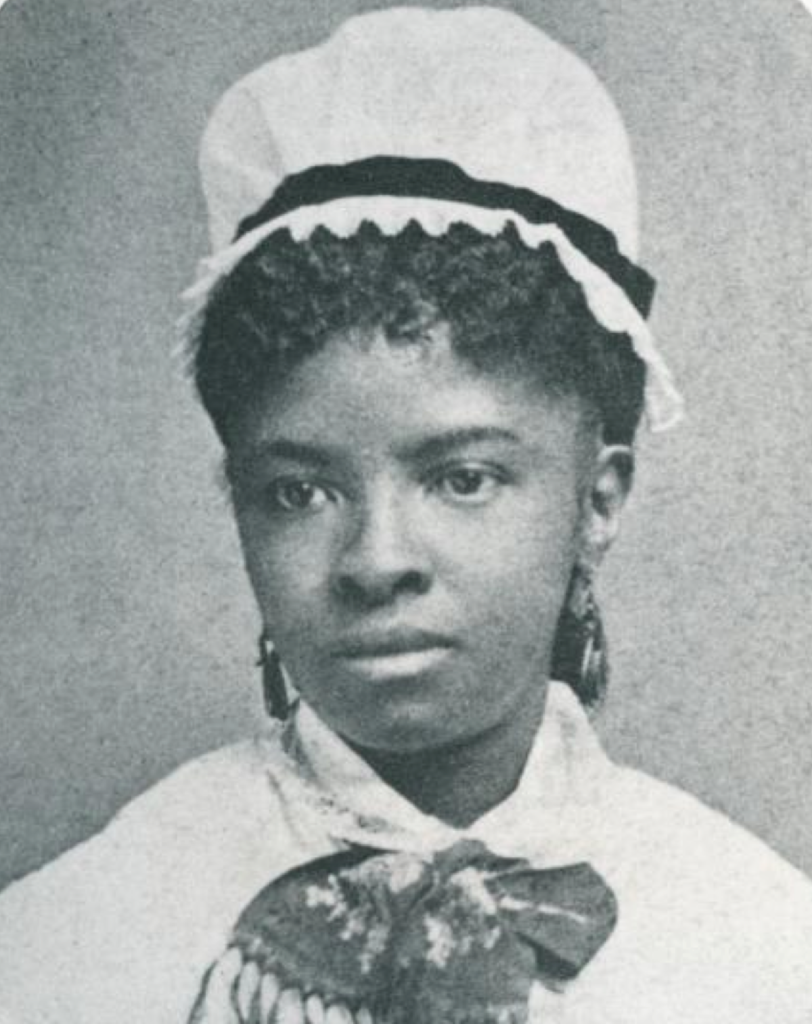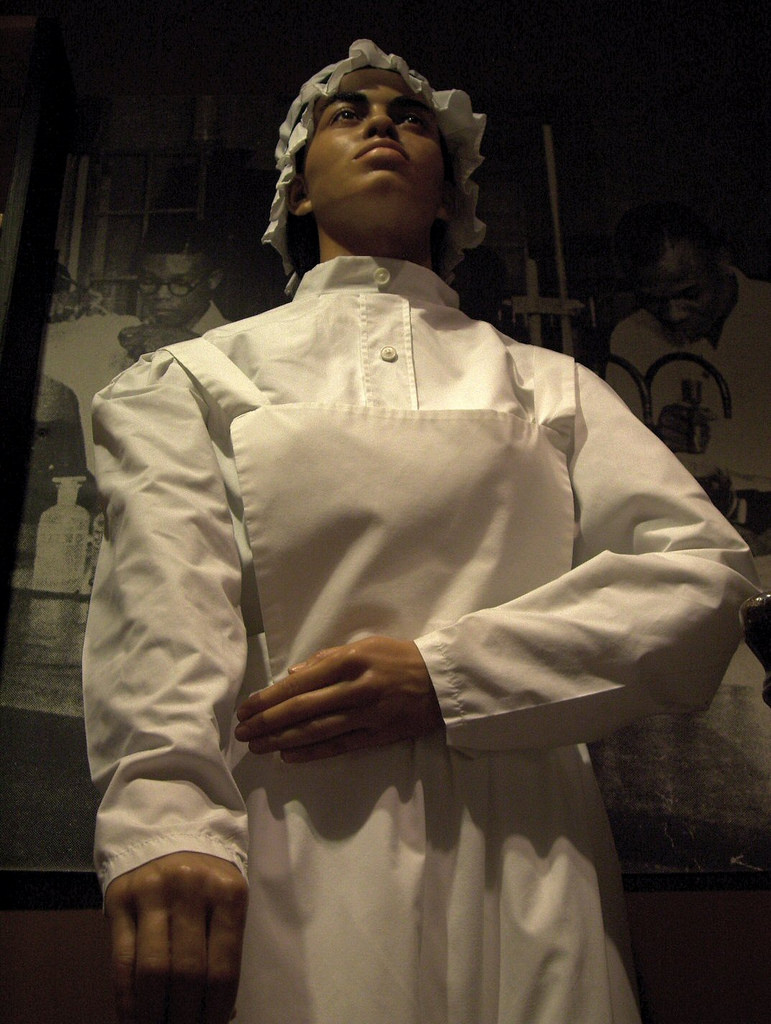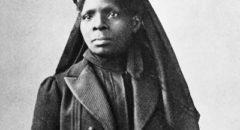 America's first black professional nurse, Mary Mahoney is known not only for her outstanding personal career, but also for her exemplary contributions to local and national professional organizations. Mahoney inspired both nurses and patients with her calm, quiet efficiency and untiring compassion.
America's first black professional nurse, Mary Mahoney is known not only for her outstanding personal career, but also for her exemplary contributions to local and national professional organizations. Mahoney inspired both nurses and patients with her calm, quiet efficiency and untiring compassion.
Mary Eliza Mahoney was born on May 7, 1845 (some sources say April 16, 1845), in the Dorchester neighborhood of Boston, Massachusetts.
At the age of 20, Mary Mahoney began working as a nurse. Supplementing her low income as an untrained practical nurse, Mahoney took on janitorial duties at the New England Hospital for Women and Children. Incorporated on March 18, 1863, New England Hospital provided its patients state-of-the-art medical care by solely female physicians. It also assisted women in the practical study of medicine.
After working for several years as a private-duty nurse at Boston's New England Hospital for Women and Children, in 1878, Mahoney was admitted to the hospital's nursing program. During her training, a slim, 90-pound Mahoney participated in mandatory 16-hour-per-day ward duty, where she oversaw the well-being of six patients at a time. Days not requiring ward duty involved attending day-long lectures while simultaneously devoting time to her studies.
The rigorous workload proved too tough for all but three of the 42 students. Mahoney being one of them who successfully made it through the 16 month program.

Subsequently, she became the first black woman to complete nurse's training in the U.S. and one of the first black members of the all-white Nurses Associated Alumnae of the United States and Canada (later renamed the American Nurses Association). She was also a founding member of the National Association of Colored Graduate Nurses (NACGN) for which she gave the welcome address in 1909.
Patients tended by Mahoney throughout her career gave glowing testimony of her expert and tender care.
In addition to her pioneering efforts in nursing, Mahoney has been credited as one of the first women to register to vote in Boston following the ratification of the 19th Amendment, granting women's suffrage, on August 26, 1920.
In the early 1900s, Mahoney relocated to Long Island, New York, to serve a stint as supervisor of...
... the Howard Orphan Asylum for Black Children, returning to Massachusetts thereafter.
After over 40 years of nursing service, Mahoney retired and turned her focus to women’s equality. The progression was natural given her fight for minority rights during her professional career. In 1920, she was among the first women to register to vote in Boston, Massachusetts.
Mary Mahoney died on January 4, 1926 at the age of 80, after a three-year battle with breast cancer. She was laid to rest at Woodlawn Cemetery in Everett, Massachusetts.
After her death, Mahoney was inducted into the Nursing Hall of Fame in 1976 and received induction into the National Women's Hall of Fame in 1993.
Mary Mahoney was not just an inspiration to African American women, but to the entire nursing profession. Her drive and passion for nursing helped shape the standards at which the profession has come to expect and continues to develop.









